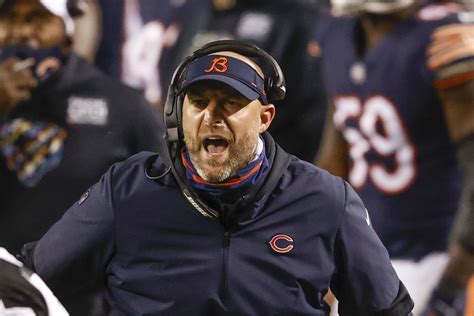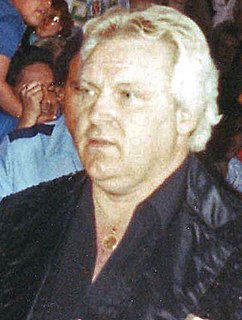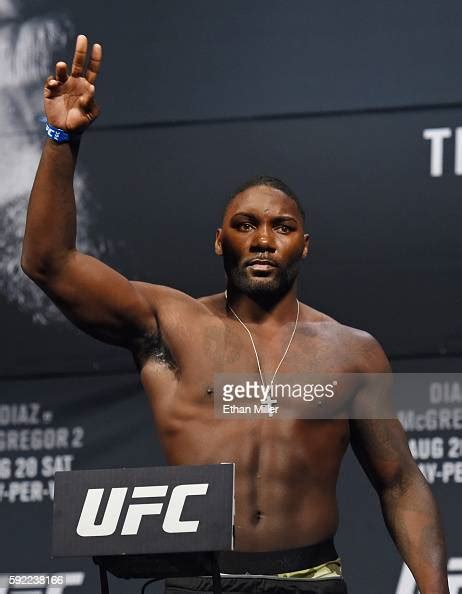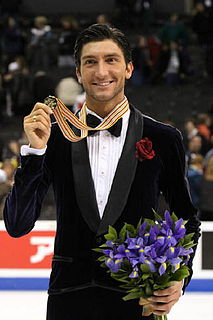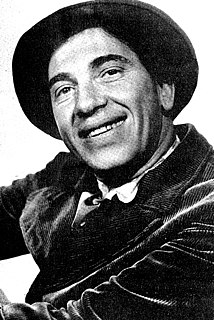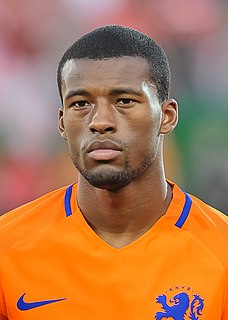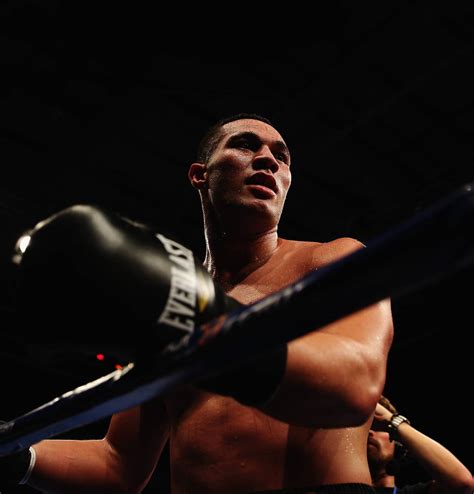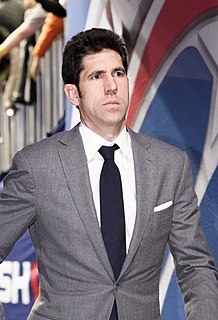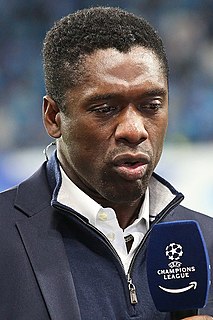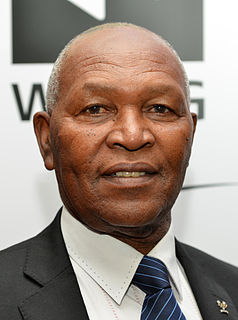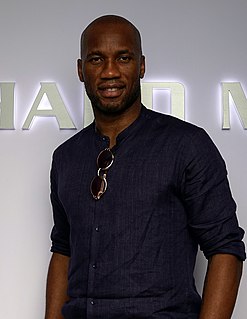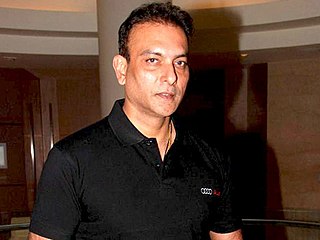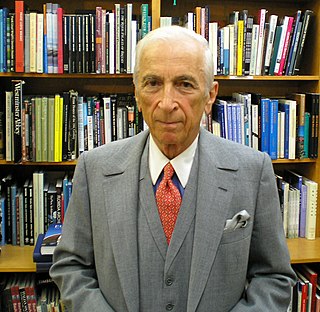Top 1200 Win Or Lose Quotes & Sayings - Page 2
Explore popular Win Or Lose quotes.
Last updated on December 4, 2024.
You can't just say, 'This team's going to win,' or 'This team's going to lose.' Anything can happen. So what you can control is winning your game as much as possible. If you don't do that, and then the other team has a chance to lose, and they lose, and you didn't go about it the right way, now you just let that slip.
Lose/Win people bury a lot of feelings. And unexpressed feelings come forth later in uglier ways. Psychosomatic illnesses often are the reincarnation of cumulative resentment, deep disappointment and disillusionment repressed by the Lose/Win mentality. Disproportionate rage or anger, overreaction to minor provocation, and cynicism are other embodiments of suppressed emotion. People who are constantly repressing, not transcending feelings toward a higher meaning find that it affects the quality of their relationships with others.
We talk in coaching about "winners" - kids, and I've had a lot of them, who just will not allow themselves or their team to lose. Coaches call that a will to win. I don't. I think that puts the emphasis in the wrong place. Everybody has a will to win. What's far more important is having the will to prepare to win.
One thinks that one is winning when we slap tariffs or introduce barriers to imports from another country, and we think we win. But you lose when you export because the other countries are going to raise tariffs as well. They're going to introduce barriers as well. So you win with one hand and you lose with the other.
In Newark, we see a problem and want to seize it, but we run up against the wall of state government, the wall of federal government that does not have the flexibility or doesn't see problems, even. At the federal level, it's often a zero-sum game: If you win, I lose. At the local level, it's just not local that. It's win-win-win.
Hobbes: Jump! Jump! Jump! I win! Calvin: You win? Aaugghh! You won last time! I hate it when you win! Aarrggh! Mff! Gnnk! I hate this game! I hate the whole world! Aghhh! What a stupid game! You must have cheated! You must have used some sneaky, underhanded mindmeld to make me lose! I hate you! I didn't want to play this idiotic game in the first place! I knew you'd cheat! I knew you'd win! Oh! Oh! Aarg! [Calvin runs in circles around Hobbes screaming "Aaaaaaaaaaaa", then falls over.] Hobbes: Look, it's just a game. Calvin: I know! You should see me when I lose in real life!
I think finals are there to be won, you know the feeling of losing a final is really bad. I prefer to lose a semi-final, quarter-final because I know I will forget... But the feeling of losing a final stays here forever. Even if you win two, three, four, five it stays. You know, I’m too scared to lose, so I give everything to win.
I dont think that unless a greater effort is made by the Government to win popular support that the war can be won out there. In the final analysis, it is their war. They are the ones who have to win it or lose it. We can help them, we can give them equipment, we can send our men out there as advisers, but they have to win it, the people of Viet-Nam, against the Communists.

